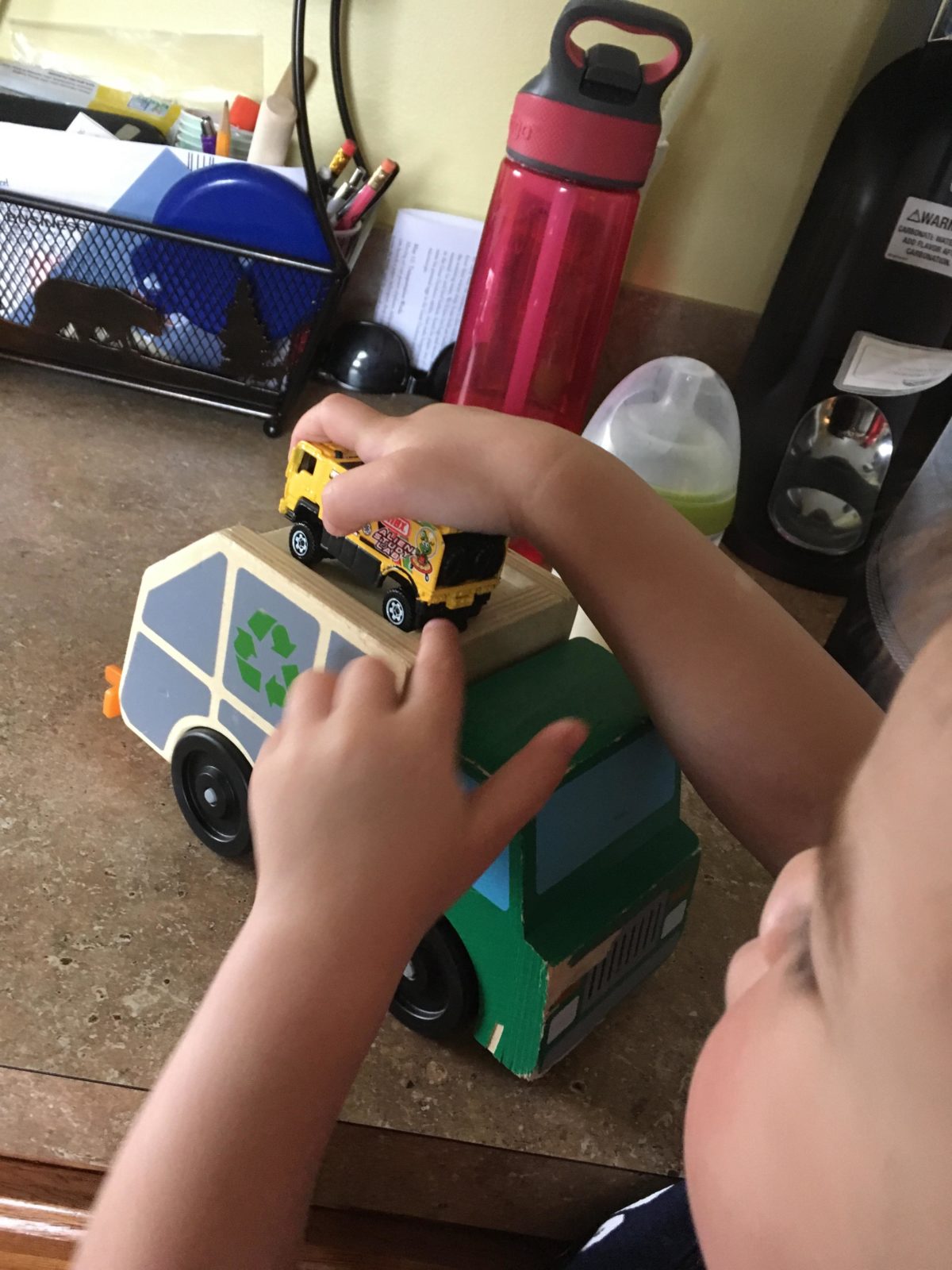Speaking the Language of Math
posted by Thanh Shanahan
Talking to children is very important, it develops their vocabulary and broadens their knowledge. So my children and I spend all of our days talking! From the time when they were infants, I narrated our day to them, describing our events in detail. I haven’t stopped talking to them. And, I don’t limit my vocabulary- I interject math related words into the mix naturally (well, as naturally as possible). Now that they are old enough to be part of the conversation, they do at least half of the talking and their vocabulary includes a variety of words.
Ordinal words
Using ordinal words is easiest for us when the children need to wait for their turn. There was a time when I watched a second two-year-old; three children needed to be patient to get into their car seats, to have a book read to them, or to use a bike or another toy.
“Molly and Peyton, you wait on the steps while I put Sam in his car seat first. I’ll get you next, Peyton.”
“Sam, I know you want to play with that dump trunk. You will need to let Molly use that first. You should let her know that you want a turn when she’s done.”
“Wow! There are so many books to read here! First I’ll read _Little Blue Truck_; second we’ll read _The Giving Tree_; and we’ll read a High Five magazine last. When we’re done reading our books, I’ll need to get lunch ready for us.”
Positional words
I cannot be everywhere my kids need me to be. However, I am able to use my words to describe where I need to them to go or what I need them to do.
“Please put your shoes on the tray.”
“Are you looking for your green car? I think it’s under the kitchen table.”
“These dirty wipes can go in front of the closet door.”
“Can you put your dirty clothes in the hamper?”
Comparison words
I take my children to many different places for our daily outings. At two of the places we visit (the library and the museum), there are other children there who my kids don’t normally interact with. Every now and then, my daughter will run into a younger child who isn’t the best at sharing or might just grab a toy out of her hand. I then have the conversation with her that I’ve had many times before. “Some kids who are younger than you are still learning how to be a kind friend. I just need you to understand and be a kind friend.” “Some two-year-olds push…” With a younger brother, she is pretty used to having to be understanding.
My two-year-old son gets excited when he sees just about any vehicle!
“The green one is a big garbage truck. This yellow garbage truck is small.”

“Crane so tall!”
“That’s a fast motorcycle!”
“Look at how long that semi truck is!”
Beside identifying the colors of the cars and trucks he sees, I’m able to use mathematical descriptive words to also describe them.
I do my best to have meaningful conversations with my children. It is great to hear those same kinds of words coming out of their mouths.
you have two feet . you need two socks and two shoes for your two feet.
The more vocabulary, the better for problem solving and reasoning! Keep asking those questions and using those words!
comparing long and short big and small help build math vocabulary for young toddlers
I agree Thanh. Word usage for early math is extremely important to use when talking to young children. We should start at infancy if possible, and use as many words to describe daily interactions with them. Ex. Here’s a big hug. Do you want to eat? Yummy good. Do you want more. Open wide. Does that taste good? Do you want some more?. Word usage and early math doesn’t start when children enter school. But when their enter the world>
As a grandma and a trachers aide for prescool this reminded me to “use my words”
positional words are one of my favorite activities with my students as it is something we work on all day long! “Put your coats ON the hook”, “Put your papers IN your cubby”, etc….
We try to use math words as often as possible, such as position, size differences, counting, weight, measuring words.
I try and incorporate math vocabulary in to my daily routine.